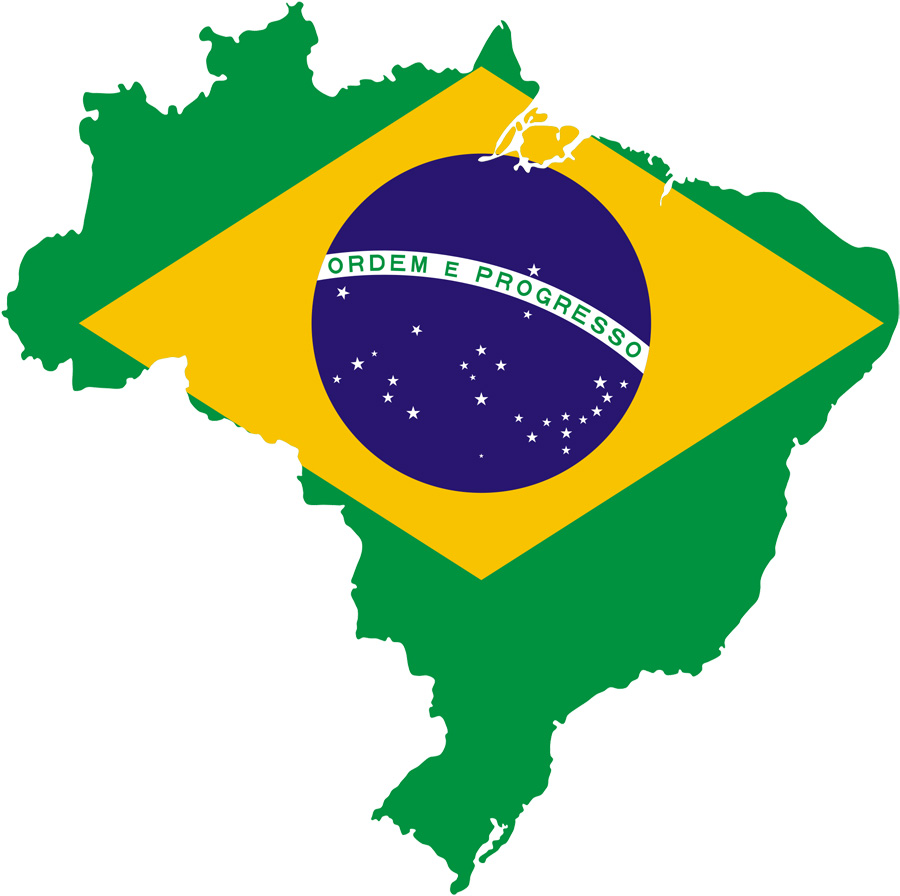The digital age has ushered in a new era of connectivity and communication, but it has also brought with it a host of challenges and controversies. One of the latest battlegrounds in this ongoing "Internet War" is Brazil, where Elon Musk, the CEO of X (formerly Twitter), is confronting a significant challenge following a highly contentious decision to ban the platform in the country. This development marks a pivotal moment in the global debate over free speech, digital governance, and the influence of tech giants.
The Controversial Ban
The decision to ban X in Brazil came as a surprise to many and has sparked a heated debate across the globe. Brazilian authorities cited concerns over the platform's role in spreading misinformation, hate speech, and other harmful content as primary reasons for the ban. This move reflects a growing trend of governments taking decisive action against digital platforms they believe are not adequately addressing content moderation issues.
Elon Musk, who acquired X with the vision of transforming it into a more open and transparent platform, now finds himself at the center of this storm. The ban poses a significant challenge to Musk’s ambitions for X and raises questions about the balance between free speech and responsible content management.
Elon Musk’s Response
In response to the ban, Musk has been vocal about his opposition. He argues that such actions undermine the principles of free expression and could set a dangerous precedent for digital governance. Musk’s stance highlights the broader conflict between tech companies and governments over how digital platforms should be regulated and who gets to set the rules.
Musk has also suggested that the ban could have far-reaching implications for global internet policies and the future of online discourse. He believes that the ban not only affects X but could also influence how other social media platforms are treated by governments worldwide.
The Broader Implications

The situation in Brazil is more than just a localized issue; it reflects a global trend of increasing scrutiny on tech giants. As digital platforms become more central to public discourse and political processes, governments are grappling with how to regulate these powerful entities. This challenge is compounded by the rapid pace of technological change and the diverse nature of global internet policies.
For users, the ban on X in Brazil could mean a significant shift in how they engage with online content and participate in digital conversations. It also raises important questions about the future of social media as a space for free expression and its role in shaping public opinion.
Looking Ahead
As the conflict between Elon Musk and Brazilian authorities unfolds, the tech world is watching closely. The outcome of this battle could have profound implications for the future of digital communication and the regulatory landscape for social media platforms.
The coming weeks will be crucial in determining how this situation evolves and what it means for the broader tech industry. For now, the "Internet War" is heating up, with Elon Musk at the forefront of a global debate on the future of free speech and digital governance.
Tags: #InternetWar #ElonMusk #BrazilBan #XPlatform #SocialMediaRegulation #FreeSpeech #DigitalGovernance #TechNews #ContentModeration #GlobalDebate
Hashtags: #ElonMusk #Brazil #XPlatform #SocialMedia #TechGiants #DigitalFreedom #FreeSpeech #ContentModeration #TechPolicy #InternetRegulation

